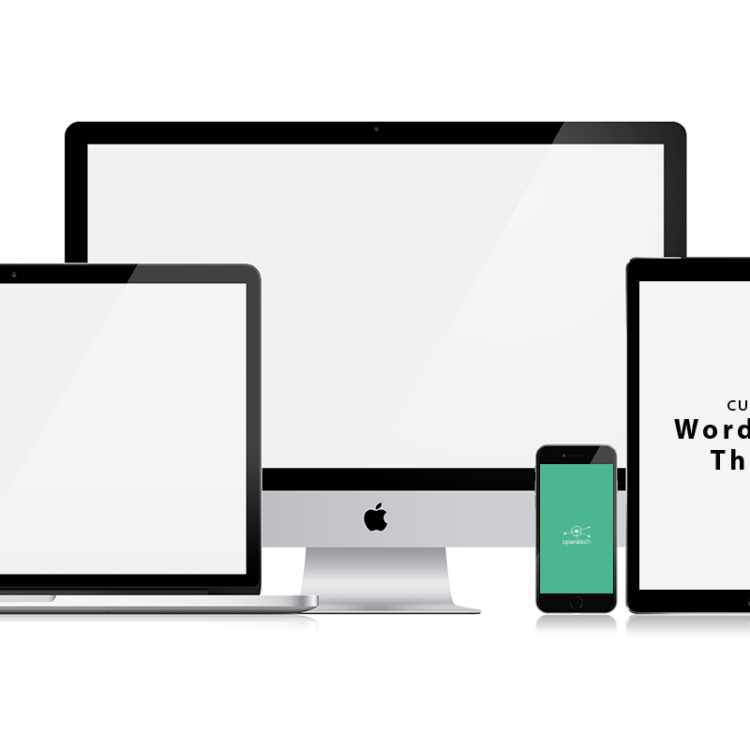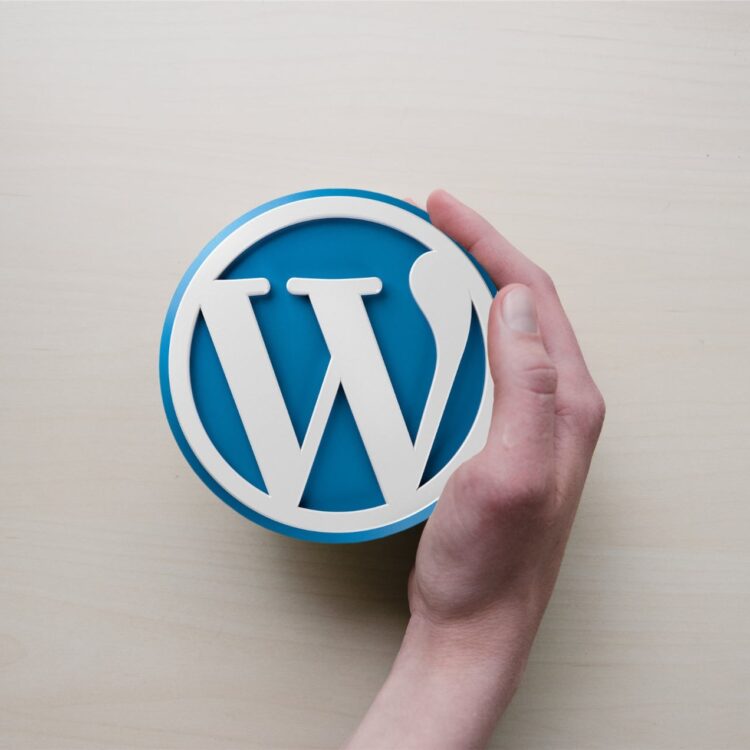In this article we are going to discuss about 3 of the best CMS ‘s out there.
If we look back to 10-15 years ago, the tradition for building a website required HTML code writing, CSS formatting and maybe the use of JS scripts for extra functionality. The site was loaded with enough content, in which we put as many keywords as possible. And that was it! We could easily have a successful online presence.
Unfortunately (or fortunately), the game has changed a lot. For search engines and especially for Google, ranking in organic search results is a complex process that requires compliance with their own standards, constant content updates, quality content, that users reward by staying on our site, and much more.
It is obvious that the standard solution of HTML files has been, for a long time, a thing of the past. The prerequisite for a successful website is the use of a Content Management System (CMS). Good news here though! There are dozens of implementations however; it takes time and attention to choose the right system.
This article does not address the question of what is the “best” CMS, but it will try to shed some light on the right question:
From the dozens of CMS that are released, we will look at the 3 most popular: WordPress, Joomla and Drupal. Of course, before entering the process to analyze the pros and cons in each case, it is crucial to answer the following questions:
- What will be the content of my website?
- What are the available resources for its development and maintenance?
- Who will update the content of the website?
- How many content managers are required?
WORDPRESS
At this very moment, WordPress supports over 60 million web pages and has over 160 million downloads. Taking this data into consideration and comparing it with its competition, we can easily say that it is the most popular CMS in the world.
Ease of use is the key to this success, as the technical knowledge required is relatively limited. The WordPress platform comes with a huge variety of free themes and addons that can extend its functionality to meet all needs.
It is worth mentioning that WordPress is supported by a huge open community from which you can get information about troubleshooting, configuration, etc. Most likely a user will already have dealt with a similar need or problem as you, so solving most of the problems requires a simple Google search.
However, the success and huge popularity of WordPress have caused its biggest weakness which is security. Obviously, due to its popularity, the weak points concerning the security of the platform are known to many hackers, Thus, serious problems can be caused for someone who does not have the necessary technical knowledge to protect themselves.
The free plugins available in the WordPress repository are not officially controlled by the community, so there are plugins available that do not follow the required standards and also can take years to update.
Why you should choose it:
- Ease of use. It has probably the easiest installation process as well as the simplest operation.
- SEO Friendly. The platform itself is satisfactory in SEO incorporating many good practices. Also, there is always the possibility of expanding with one of the available addons on the market.
- Responsive Design. Most of the themes on the market are mobile compatible (even the ones that are free).
- Support. With a community of millions of users worldwide, you will never be alone in any problem or questions you may have.
Why you should dismiss it:
- Security Gaps. Although the core of the platform is constantly being improved through updates, the installation of several plugins to serve our needs still causes many security vulnerabilities.
- Updates. Unfortunately, it is a common occurrence that the necessary updates made in WordPress cause problems and bugs in the operation of our website.
- Speed: Websites built with WordPress often contain a lot of code that is useless for our needs, which causes unnecessary delays in upload speed.
JOOMLA
Next in terms of popularity is JOOMLA. Its management environment is clearly more advanced than WordPress, and will allow you to work on more complex projects that include a lot of content and have increased requirements in the organization of pages, maintaining a simple and easy to learn way of operation.
We would say that it generally falls between WordPress and Drupal in terms of features and ease of use. Since learning how to use it, is not a terribly painful process and allows us to build quite complex websites.
Again you will find several plugins and themes available to extend its capabilities, which are unfortunately limited compared to WordPress.
Why you should choose it:
- Strong Admin Interface. Its admin interface provides huge features but remains extremely friendly. Creating and maintaining a website structure is a very simple task in Joomla.
- Strong Community. It has a very good online community (https://community.joomla.org/) where you can get support as well as answers to your problems.
Why you should dismiss it:
- Small Module’s Marketplace. The number of addons on the market is relatively limited, so it may be difficult to customize your website.
- Plugins Compatibility. Installing plugins can prove to be a demanding test and in particular, it has been reported that compatibility issues arise between different plugins.
DRUPAL
Drupal is third in popularity, but in no way lags behind in terms of features. Content management (creating and editing pages and articles) has the same philosophy as the previous CMS. However, in order to build the layout of your website (such as menus, headers and other sections) more technical knowledge is required. This may deter many from using Drupal, but for experienced users, there are options for easy customization as well as scalability. In order to do that you have to sacrifice the necessary time (it is much longer than the time spent on WordPress and Joomla) in order to gain convenience on this platform.
Drupal-based websites don’t have as many needs to install addons. This definitely helps a lot in terms of performance, but also security, since no additional code installation is required.
Why you should choose it:
- Strong. Its capabilities regarding configuration and expansion are unique. Suitable for websites that have increased demands on content organization and user management.
- Safety. Drupal has traditionally been used on government websites, highlighting its increased safety standards.
- Multilingual. It is possible to support multilingual websites out of the box.
Why you should dismiss it:
- Popularity. In case you need help with a part of your website it is much harder to find a Drupal Developer.
- Difficulty: Respectively, learning this platform is a rather laborious and time-consuming process and requires great dedication.
In conclusion, we can say that all 3 CMS presented above are excellent tools. Anyone with the required skills can build any website with any CMS. In no way we can imagine saying “This cannot be done with WordPress!” about any project. However, before you begin, you should do a little research, so you can combine your needs with the excellent tools, that are available out there.
Have questions? Contact us here!





 <
< >
>
